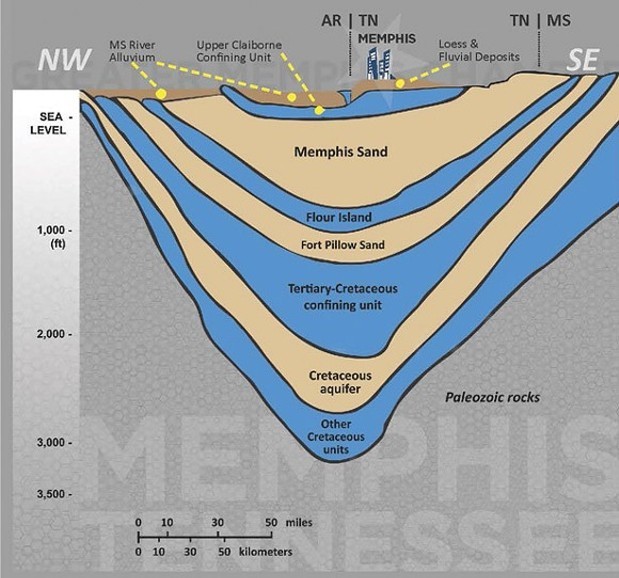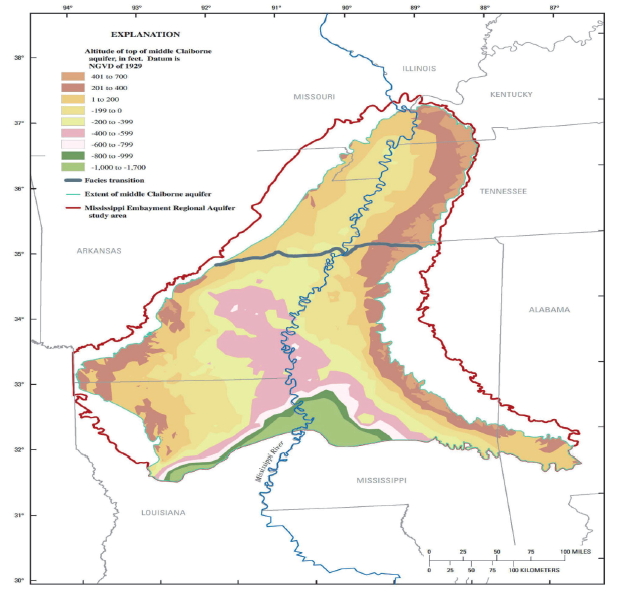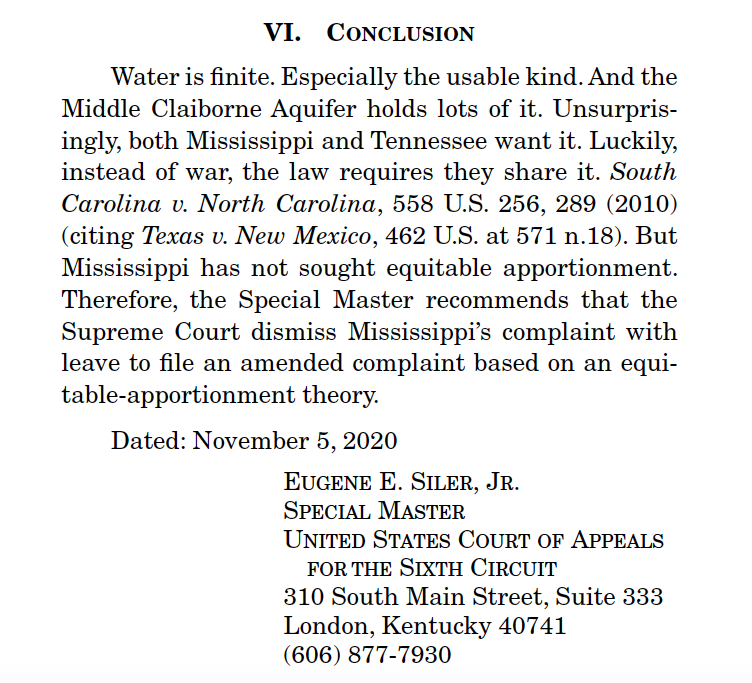 Photo by Brett Jordan on Unsplash
Photo by Brett Jordan on Unsplash
On Wednesday, December 9th, Attorney General Herbert H. Slatery III brought Tennessee into a bipartisan national coalition of 48 attorneys general filing a lawsuit against Facebook Inc. The lawsuit alleges that Facebook Inc. stifles competition to protect its business interests, classifying the multi-billion-dollar company as a monopoly. Specifically, the coalition argues that Facebook Inc. has violated Section 2 of the Sherman Act, in addition to multiple violations of Section 7 in the Clayton Act.
Throughout the lawsuit, the bipartisan coalition alleges that Facebook illegally acquired competitors in a predatory manner, while cutting services to smaller rival platforms in an attempt to deprive their competitions users of benefits. The lawsuit also alleges that the tech giant reduced privacy protection and services during its rapid rise as a way of creating barriers for newer tech companies attempting to enter the market.
[pullquote-1-center]
“This vast coalition of Democrats and Republicans agree — Facebook’s unlawful behavior is reducing choice, stifling innovation, and degrading privacy protections,” said General Slatery. “This lawsuit stands up for millions of Americans and small businesses that have been harmed by Facebook.”
Facebook Inc.’s business strategies have been criticized by others in the past. Though Facebook has operated as a “free” personal social networking service since 2004, they have been known to use a variety of methods to forge what their founder, Chairman, Chief Executive Officer, and controlling shareholder Mark Zuckerberg calls a “competitive moat” around the company. Methods have included outright buying smaller rivals and tucking them under the Facebook name or the suppression of third-party developers from utilizing the Facebook platform.
One of the key problems pointed to in the lawsuit is the alleged overarching reach that the tech giant has over its competition’s advertising opportunities and its users’ personal data. The bipartisan coalition argues that, through Facebook’s rapid acquisition of smaller rivals and dominance over advertising, the site is able to make decisions about what content users see and what users don’t see while also using users’ personal data to further their business interests. They also argue that the elimination of potential rivals has created a system in which no group can compete with Facebook.
Through the lawsuit, the coalition plans to halt Facebook Inc.’s expansion by restraining the company from making further acquisitions valued at or in excess of $10 million without first notifying the states included in the lawsuit and to divestiture or restructure what the coalition of state attorney generals are calling “illegally acquired companies” and current Facebook assets or business lines.
The Federal Trade Commission (FTC) also filed a lawsuit in coordination with the bi-partisan coalition levying their own set of charges. The full coalition lawsuit can be read here.
 Corey Owens/Greater Memphis Chamber
Corey Owens/Greater Memphis Chamber 
 U.S. Supreme Court
U.S. Supreme Court  U.S. Supreme Court
U.S. Supreme Court  U.S. Supreme Court
U.S. Supreme Court